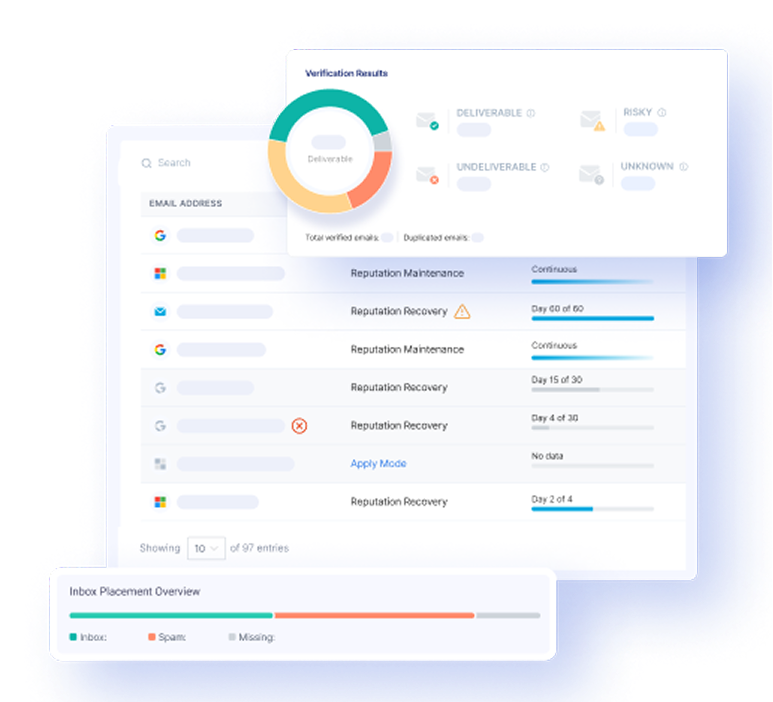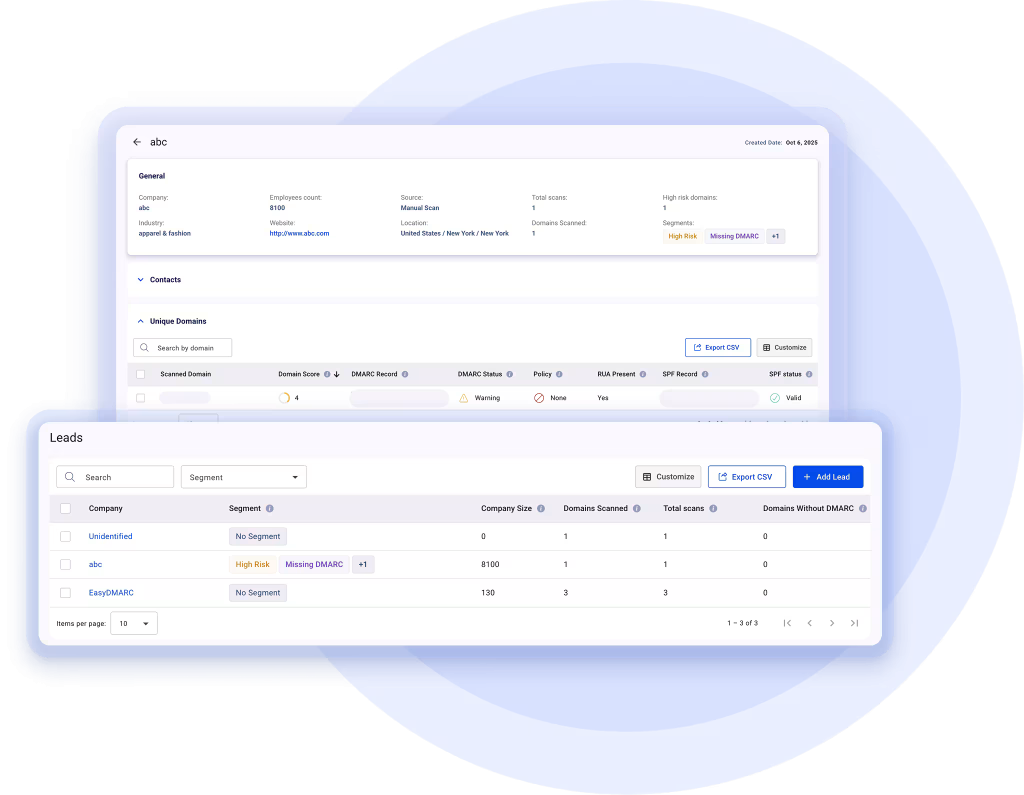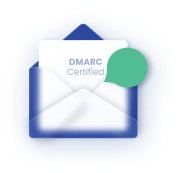Delaware, US, 3rd February 2025 – One year after Google and Yahoo introduced stricter email authentication mandates for bulk senders, the impact is becoming clear. New research by EasyDMARC, the leading email security platform, reveals that 77% of IT professionals who adopted email authentication measures in the past year said these requirements directly or indirectly influenced their decision to implement DMARC. The findings highlight the power of major email providers to drive widespread security improvements across organisations.
Since the mandates took effect in February 2024, the results have been striking. In the first six months alone, Gmail reported a 65% drop in unauthenticated messages, with half of bulk senders adopting better security practices and 265 billion fewer unauthenticated emails hitting inboxes. While the numbers paint a compelling picture of progress, how do IT professionals feel about these changes?
The new study of 1,053 IT decision-makers and security professionals across North America, the UK, ANZ, and BENELUX reveals the real-world impact of these measures—offering insights into how businesses have adapted and the broader implications for email security.
Rising Awareness and Implementation
The survey results highlight the ongoing challenge of combating rising email threats, with unwanted email volumes still persistently high, with 11% of respondents describing them as overwhelming and 34% as high. Encouragingly, however, DMARC adoption continues to grow, with 45% of respondents implementing the protocol, up from 37% in 2024.
The influence of Google and Yahoo’s mandates is particularly notable. An impressive 77% of those who implemented changes in the past 12 months acknowledged that these changes directly or indirectly led to their decision to implement DMARC, a dramatic rise from the 29% awareness of the measures recorded in 2024.
Confidence in email security measures has also improved, with 36% of respondents stating they are now very confident in their organisation’s ability to protect against phishing and other cyberattacks—an increase of nine percentage points compared to last year.
Implementation Challenges
Despite these successes, challenges remain in implementing what is often seen as a highly technical product. A significant 31% of respondents cited the complexity of implementation as a hurdle, while 27% struggled with a lack of technical expertise.
As a result, many organisations sought external support, with 28% turning to managed service providers or consultants to implement DMARC and 15% opting for a dedicated email security platform.
Despite these challenges, decision-makers clearly recognise the value of overcoming them. 32% agreed that advanced email authentication protocols are essential for reducing spam and improving email operations, while another 32% acknowledged their ‘major role’ while noting there are other contributing factors.
Success Stories and Future Direction
The survey findings confirm that DMARC has proven to be a valuable tool for reducing spam and phishing. Among respondents who implemented the protocol, 81% reported that it met their expectations, and a further 15% stated that it exceeded them.
Reflecting on the broader changes initiated by Google and Yahoo, 85% of respondents agreed that the mandates were necessary to combat spam and phishing, with only 2% expressing doubt. Furthermore, the effectiveness of DMARC has led 87% of respondents to advocate for extending such mandates beyond bulk senders to include more email traffic.
Generative AI’s Role in Threat Evolution
Looking to the future, IT professionals are increasingly concerned about the potential impact of generative AI on email security. With the rise of AI-driven phishing attacks, 85% of respondents see generative AI as a growing threat. In response, 93% are planning to strengthen their email systems to counter these evolving risks, underscoring the need for robust and adaptive security measures.
Gerasim Hovhannisyan, CEO & Co-founder of EasyDMARC, reacted to the research, stating:
“This research is encouraging and solidifies what we often hear from our customers- when organisations implement DMARC effectively, they don’t regret it. The benefits in terms of security, trust, and reduced phishing risks far outweigh the initial challenges, which can be minimised with external assistance.
“It’s essential, however, to go a step further than implementation and work towards the ‘p=reject’ setting, which provides the highest level of protection against unauthorised emails. With professionals concerned with increasingly sophisticated phishing attacks, businesses cannot afford half-measures. DMARC has proven its worth in combating phishing and safeguarding domains, but the next step is ensuring wider adoption and enforcement. We must continue to educate and empower organisations to take full advantage of its protective capabilities, as Google and Yahoo have done successfully over the past 12 months.”
About EasyDMARC
EasyDMARC is a cloud-native B2B SaaS to solve email security and deliverability problems in just a few clicks. With advanced tools, such as its AI-powered DMARC Report Analyser, DMARC, SPF, DKIM cloud management solutions, and email source reputation monitoring, EasyDMARC’s platform helps customers stay safe and maintain the health of their domains without risk.
For Managed Service Providers (MSPs) seeking to increase their revenue, EasyDMARC presents an ideal solution. The email authentication platform streamlines domain management, providing capabilities such as organizational control, domain grouping, and access management. Additionally, EasyDMARC offers a comprehensive sales and marketing enablement program designed to elevate DMARC sales. All of these features are available for MSPs on a scalable platform with a flexible pay-as-you-go pricing model.





